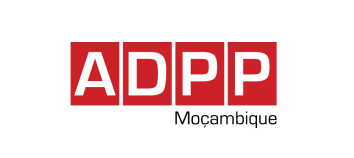
Ajuda de Desenvolvimento de Povo para Povo (ADPP) has been working in Mozambique since 1982. Its mission is to promote the equitable socio-economic development of people to allow them to participate in their country’s development and enjoy their human rights. ADPP strives to support the most vulnerable groups, such as women and children, mainly orphaned children, and poor communities in rural areas. ADPP is implementing the project in two districts (Marracuene and Manhiça) and ten villages. The districts are mainly Muslim, Christian and atheist.
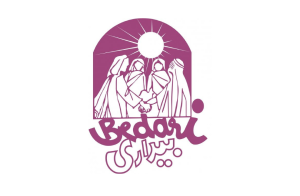
Bedari is a non-governmental organisation (NGO) that protects and promotes women’s and children’s rights in Pakistan. It started in 1992 as an organisation that supported women survivors of violence, abuse and discrimination, and expanded its scope to include the prevention of violence through awareness-raising campaigns. Bedari is implementing the project in two districts (Bhakkar and Khushab) and 80 villages that are mainly Muslim and Christian.
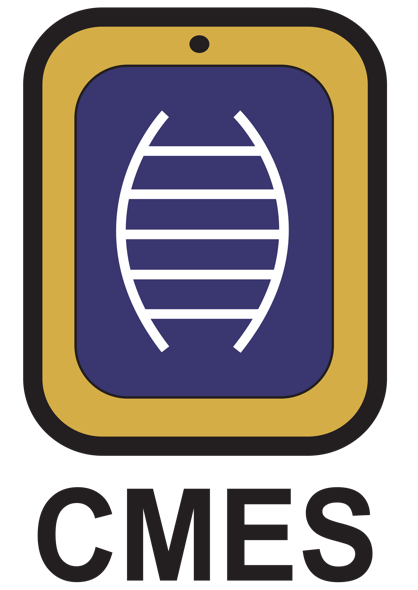
The Centre for Mass Education in Science (CMES) is a national non-governmental organisation (NGO) in Bangladesh that brings science and technology to people through mass education and skills training. It has been working with poor, disadvantaged adolescents since 1978 with a vision to empower them economically and socially. CMES integrated a gender component into its work in 1991 through the Adolescent Girls’ Programme and has developed methods to provide education to out-of-school youth. CMES is implementing this project in seven districts (Tangail, Rajshahi, Rangpur, Chapainawabganj, Patuakhali, Nilphamari and Kurigram) and 260 villages. The districts have predominantly Muslim, Hindu and Christian community members.
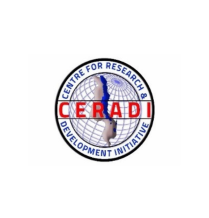
The Centre for Research and Development Initiative (CERADI) is a local NGO based in Mchinji, Malawi that aims to improve the lives of rural people through community mobilisation. CERADI was registered with the Registrar General in 2017 and Council for Non-Governmental Organizations in Malawi (CONGOMA) in 2019. CERADI is implementing the project in two districts (Mchinji and Balaka) and 153 villages. These districts have predominantly Christian and Muslim communities.
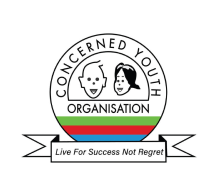
The Concerned Youth Organization is a local NGO, situated in Blantyre, Malawi, that envisions a youth free from socio-economic hardships. It seeks to empower youth and women to work towards sustainable and equitable development relating to issues that affect their lives and the community. It was established in 2002 and registered under the Trustees Incorporation Act and with the National Youth Council of Malawi in 2005 and 2006 respectively. CYO is implementing the project in two districts (Blantyre and Neno) and 161 villages. These districts have predominantly Christian and Muslim communities.
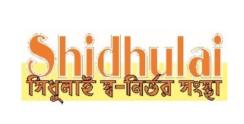
Shidulai Swanirwar Sangsta (SSS) is a non-profit organisation that operates a fleet of boat schools, libraries, health clinics, solar workshops and training centres serving close to 115,000 families in flood-prone regions of Bangladesh. The boats are equipped with wireless Internet and solar panels that power computers, lights and multimedia equipment. The floating schools deliver learning to students even during the monsoon season. SSS is implementing the project in four districts (Natore, Naogaon, Sirajganj and Pabna) and 180 villages. These districts are predominantly Muslim, Hindu and Christian.

The Society for the Protection and Rights of Children (SPARC) promotes and protects the rights of children through advocacy, research, awareness raising, service delivery and human and institutional development. Established in 1992, SPARC works on a range of children’s rights issues, especially girls’ issues such as child marriages and harmful traditional practices, by addressing the enabling systems and policies. SPARC is implementing this project in six districts (Hyderabad, Jamshoro, Multan, Islamabad, Rawalpindi and Peshawar) and 56 villages. Islam, Hinduism and Christianity are the dominant religions in these regions.
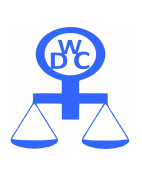
The Women’s Development Centre (WDC) is registered as a non-governmental organisation (NGO). It was founded in 1986 and initiated the Community Development Programme to address women’s issues in communities. The outcome was the Community Based Rehabilitation (CBR) disability programme for mothers of disabled children who were unable to engage in development activities. In 1989, the Centre for Crisis Intervention, a shelter for female victims of violence, was established to provide protection, care and rehabilitation for female survivors of gender-based violence. WDC is implementing the project in seven districts (Kandy, Mathale, Nuwara Eliya, Vavuniya, Kilinochchi, Ampara and Monaragala) and 33 villages. These districts are predominantly Muslim.